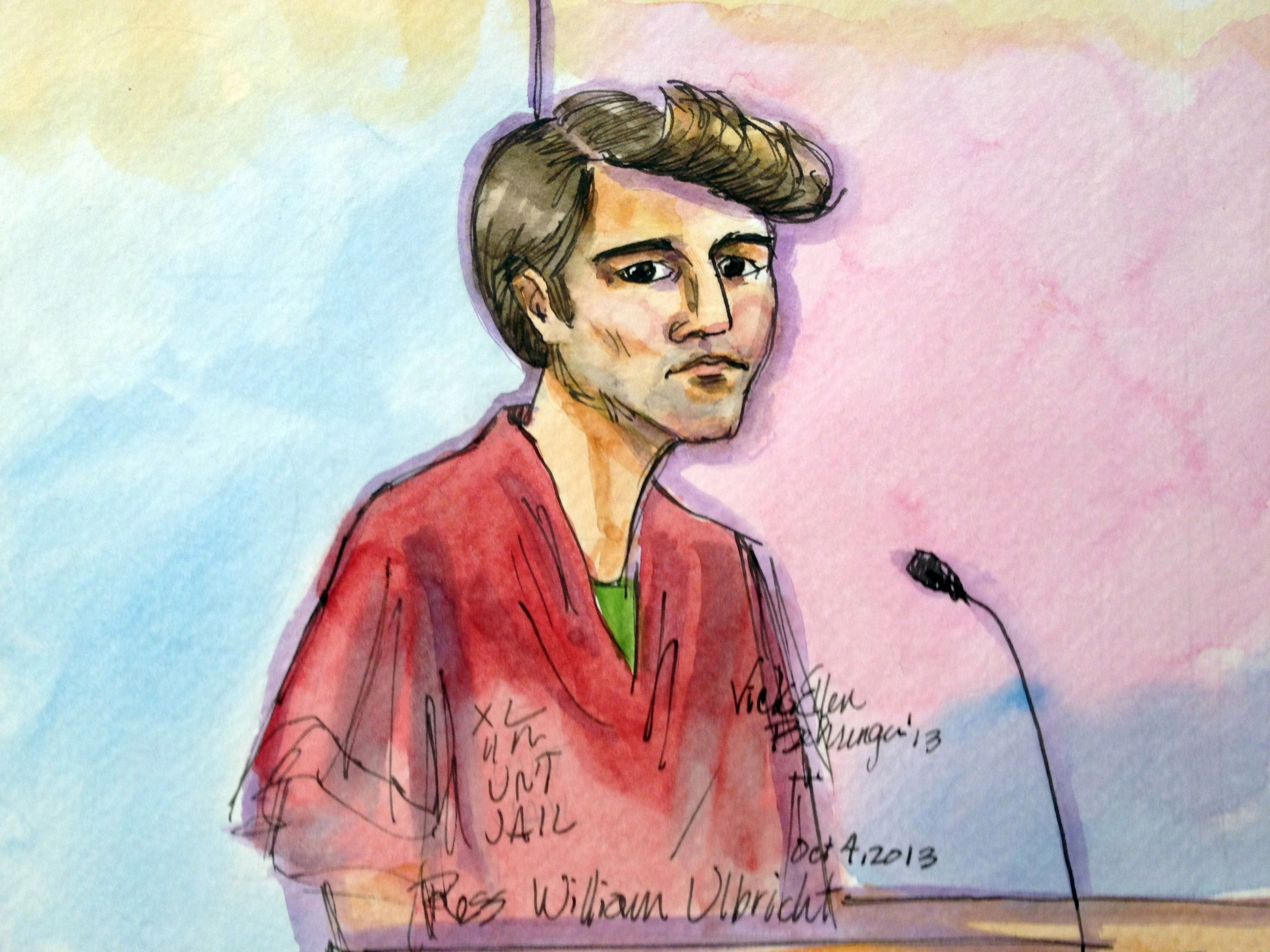
Six months after the arrest of Ross Ulbricht, the alleged founder of Silk Road, the largest online marketplace for illicit drugs and other contraband, business has never been better for the website, according to a new report to be released Wednesday by the Digital Citizens Alliance obtained exclusively by TIME.
There are approximately 13,648 listings for drug on the Darknet website, which requires anonymization technology to known as Tor to access, compared to the 13,000 listed shortly before Ulbricht’s arrest. While that’s an increase of just five percent, the Darknet drug economy has grown an astonishing 75% in the last six months thanks to the proliferation of Silk Road competitors, according to the report. The group spent eight months studying the Darknet drug economy both before and after Ulbricht’s arrest.
Many believed that the Darknet drug trade would die out after Ulbricht’s arrest and the subsequent arrests of three original Silk Road employees. As Lev Grossman and I wrote in a cover story last November, the genius in Ulbricht’s model was to create trust between drug dealers and buyers. He created an Amazon-style marketplace where users and sellers could rate one another, thus building a proven record that the person you’re selling to, or buying from, isn’t a cop in disguise.
Following Ulbricht’s arrest and the Federal Bureau of Investigation’s shuttering of the Silk Road website, traffic surged to two competitors, Black Market Reloaded, known for their anything-goes attitude (Silk Road, for example, refused to sell child pornography and weapons of mass destruction) and Sheep Marketplace. Within weeks of Ulbricht’s arrest, Sheep Marketplace shut down citing a security breach. But users believed the site’s owners had simply stolen the $44 million worth of bitcoin in the system when they closed. The online drug trade looked doomed.
But Silk Road soon reopened, with a new “Dread Pirate Roberts”—Ulbricht’s alleged user name taken from the movie The Princess Bride—claiming ownership. At first, it seemed like Silk Road 2.0 might also falter when some $2.6 million worth of bitcoins were stolen in February, according to the report. But DPR2, as he or she is being hailed on the new Silk Road, devised a plan to repay those who’d had bitcoin stolen in order to rebuild confidence in the site. The scheme worked and Silk Road 2.0 is doing better than ever, according to the report.
This, of course, was the Dread Pirate Robert’s plan all along. Why else chose the moniker? After all in the movie, it’s the name and the legend that matter—not the actually person. Here is how the character Westley described the legend in the movie:
Roberts had grown so rich, he wanted to retire. So he took me to his cabin, and told me his secret. “I am not the Dread Pirate Roberts”, he said. “My name is Ryan. I inherited the ship from the previous Dread Pirate Roberts, just as you will inherit it from me. The man I inherited it from was not the real Dread Pirate Roberts either. His name was Cummerbund. The real Roberts has been retired fifteen years and living like a King in Patagonia.” . . . Then he explained that the name was the important thing for inspiring the necessary fear. You see, no one would surrender to the Dread Pirate Westley. So we sailed ashore, took on an entirely new crew, and he stayed aboard for a while as first mate, all the time calling me Roberts. Once the crew believed, he left the ship, and I have been Roberts ever since. Except now that we’re together, I shall retire and hand the name over to someone else.
And, so it goes for Silk Road. The Dread Pirate Roberts is dead. Long live the Dread Pirate Roberts.
More Must-Reads From TIME
- The 100 Most Influential People of 2024
- Coco Gauff Is Playing for Herself Now
- Scenes From Pro-Palestinian Encampments Across U.S. Universities
- 6 Compliments That Land Every Time
- If You're Dating Right Now , You're Brave: Column
- The AI That Could Heal a Divided Internet
- Fallout Is a Brilliant Model for the Future of Video Game Adaptations
- Want Weekly Recs on What to Watch, Read, and More? Sign Up for Worth Your Time
Contact us at letters@time.com